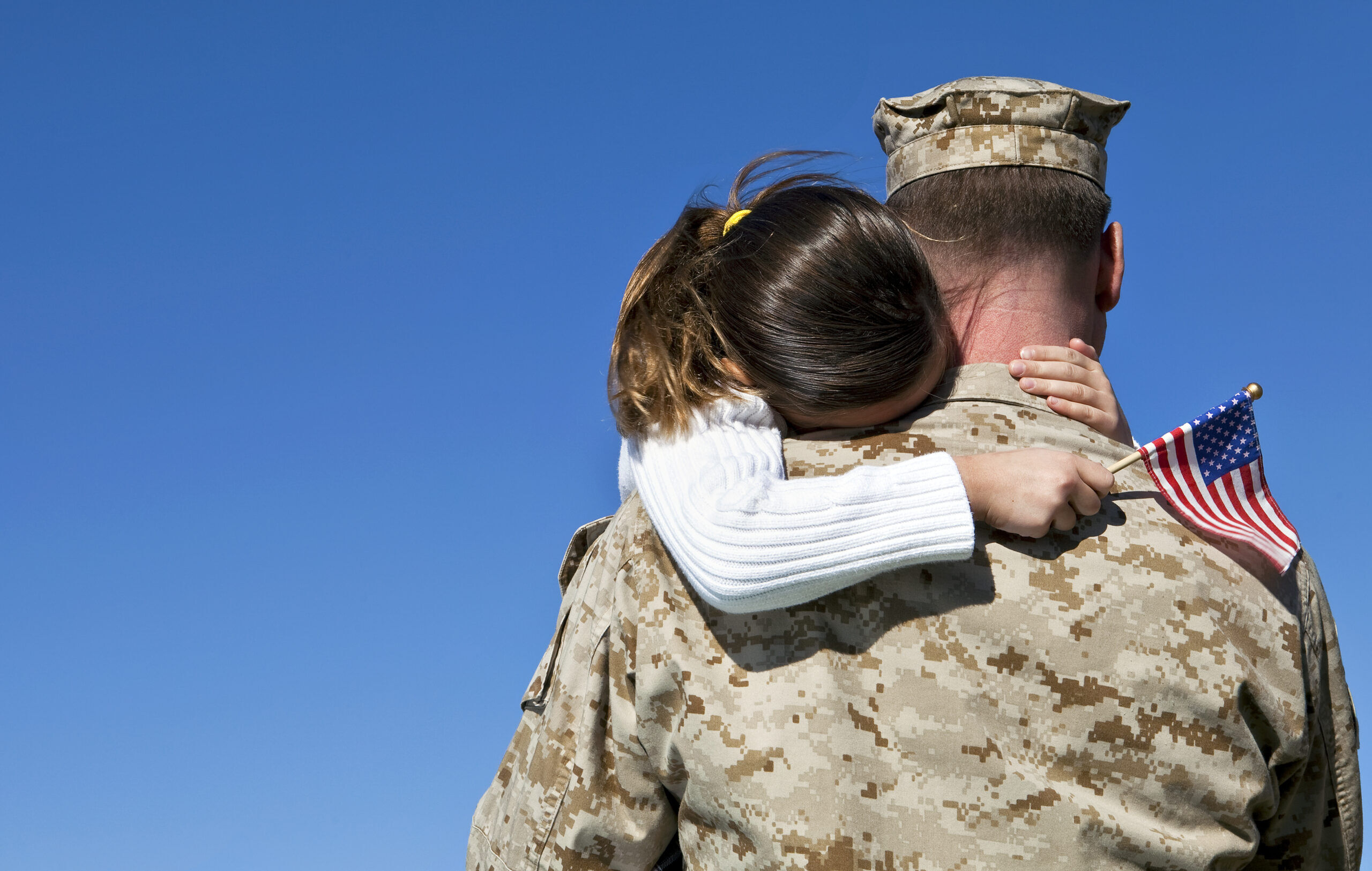LGBTQ youth already experience higher rates of mental illness and suicide risk than their non-queer peers. Now, a new study suggests that having a military parent can increase those rates for queer youth even more.
These findings come from the 2022 National Survey on LGBTQ Youth Mental Health recently published by The Trevor Project, a suicide-prevention organization for LGBTQ youth.
The Trevor Project surveyed 35,000 LGBTQ youth between the ages of 13 and 24. It found that the 5 percent of respondents who have a parent in the military face “significantly higher rates” of suicide risk and mental health challenges, The NY Daily News reported.
Youth with a military parent were 17 percent more likely to have had recent anxiety symptoms, 14 percent more likely to have seriously considered suicide, and nearly 40 percent more likely to have attempted suicide in the past year.
Never Miss a Beat
Subscribe to our newsletter to stay ahead of the latest LGBTQ+ political news and insights.
The findings are alarming considering that LGBTQ youth are already over four times more likely to attempt suicide than their non-queer peers.
Transgender and nonbinary youth experience the highest rates of suicide risk and mental health challenges, The Trevor Project said.
LGBTQ youth face these high risks not because of their identities, but because of how they’re mistreated and stigmatized in society, the organization’s website notes.
Dr. Jonah DeChants, a research scientist for The Trevor Project, told the NY Daily News that more research is needed to understand how military parents may affect LGBTQ children.
For example, the survey respondents didn’t specify whether they had one or two parents in the military; the military branch their parent served in; whether those parents were deployed, reserved, or veterans; whether their family lived on a base; whether the parents suffered from military-related injuries or mental health challenges; and so on.
Also, deeper research could help provide a better understanding of the military cultural aspects that most affect families’ lives. For example, the military can overemphasize conformity, obedience, team cohesion, use of force, and sometimes misogyny and xenophobia. How these values play out in the home could affect the way that LGBTQ children see themselves in relation to their parents and society
The survey also found that familial support of LGBTQ youth with military parents can significantly lower the youth’s mental health challenges and suicide risk by 40 to 56 percent.
Such familial support can occur in small, but powerful ways, according to Trevor Project researchers, “from being available to talk about problems in a young person’s life, to being open to their LGBTQ friends, to using the correct name and pronouns.”
Editor’s note: This article mentions suicide. If you need to talk to someone now, call the Trans Lifeline at 1-877-565-8860. It’s staffed by trans people, for trans people. The Trevor Project provides a safe, judgement-free place to talk for LGBTQ youth at 1-866-488-7386. You can also call the National Suicide Prevention Lifeline at 1-800-273-8255.














